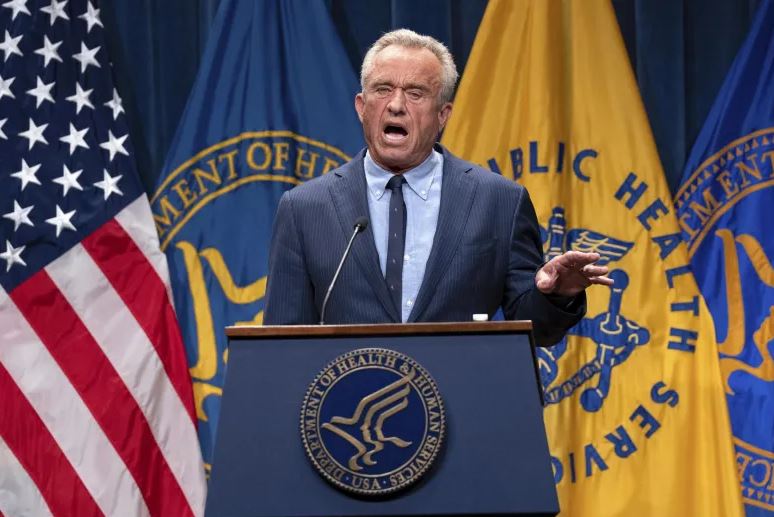Recent statements by U.S. Health and Human Services Secretary Robert F. Kennedy Jr. have caused a ripple effect across the disability advocacy landscape—particularly in Colorado. Kennedy’s remarks that individuals with autism “will never pay taxes, never hold a job,” and that autism is a “catastrophic” condition, were met with fierce backlash from disability advocates and professionals who view these comments not just as outdated, but deeply harmful.
In Colorado, the impact was immediate and personal. Multiple advisory board members of Best Buddies, a nonprofit focused on inclusion for individuals with intellectual and developmental disabilities, resigned in protest. The organization’s muted response to the controversy—especially given its founding ties to Kennedy’s cousin, Anthony Shriver—was seen as a failure to defend the very community it claims to uplift.
Resignations Spark a Broader Conversation on Ableism
The resignations weren’t quiet exits. Advocates like Emily Gillis and Kelsey Parisi publicly shared their disappointment, pointing out that neutrality in the face of ableist rhetoric is complicity. Parisi, a special education teacher, expressed the internal conflict of working in an organization unwilling to take a stand while continuing to promote disability inclusion in schools.
Their actions are a reminder that advocacy must be rooted in truth and courage, not just branding. The frustration wasn’t only about the words Kennedy said—it was about the silence that followed from organizations positioned to lead in these conversations.
As Parisi asked: “How can we be advocates for the disability community and encourage these individuals to be productive members of society when the people in politics are saying they shouldn’t and they can’t and they won’t?”
Why Words Matter—Especially from Leaders
Kennedy’s remarks come at a time when autism acceptance has seen decades of progress. The move away from the outdated, deficit-based lens of autism has made way for inclusive education, neurodiversity celebration, and employment pathways for autistic individuals. To label autism as “catastrophic” undermines that work and risks reinforcing dangerous misconceptions.
It also ignores the nuance in autism diagnoses and support systems today. More children are being identified not because of an epidemic, but because of improved diagnostic tools and a broader understanding of the autism spectrum. The implication that these individuals are burdens rather than contributors stands in stark opposition to the evidence—and the values of the autism community itself.
Promoting Inclusion Through Meaningful Action
In Colorado, we know advocacy means more than statements. At Spirit ABA, we focus on practical, effective care through ABA therapy in Colorado, supporting children and families with the tools they need to thrive. We believe in empowering individuals with autism—not labeling or limiting them.
Whether it’s building communication skills, supporting behavior strategies, or simply helping a child succeed in their environment, our work is guided by one principle: every person deserves respect, opportunity, and support.
Contact us today to learn how we can support your family with compassionate, evidence-based care. We’re committed to helping you navigate the challenges and celebrate the milestones, because advocacy starts with action—and we’re ready to walk that path with you.


